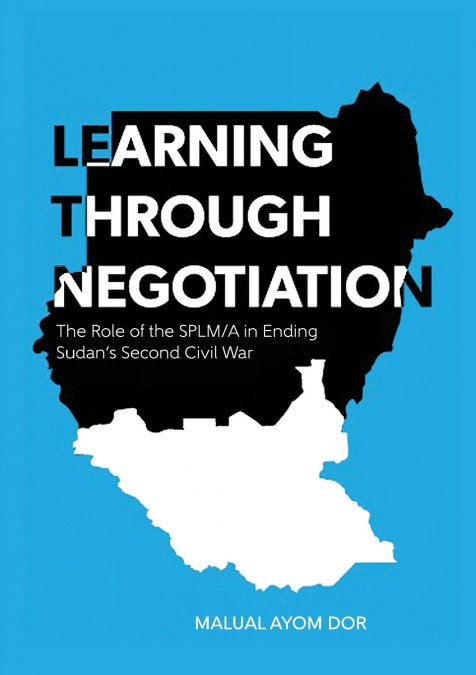
Malual Ayom Dor
THIS BOOK FOCUSES ON THE ROLE of the SPLM/A in the negotiating process that eventually brought about the Comprehensive Peace Agreement (CPA) in 2005. It presents a precise description and explanation of the processes involved in the design and implementation of the CPA and its predecessor, the Addis Ababa Agreement (AAA), signed in 1972. It takes an interpretative constructivist approach to underline the importance of studying the process by which peace agreements are made, particularly the concept of 'learning by doing'. The book concludes that the process by which the CPA was achieved challenges the widely held conviction in conflict resolution theories that armed conflicts are ended when the warring parties have reached a stalemate or when international pressure is high. The Sudanese experience suggests that a true peace agreement comes when the parties mutually acquire confidence through social interaction in the negotiating process. It was the back-and-forth dynamic of 'learning by-doing' through negotiation that was as important as any rationally based deal reflecting costs and benefits. Through these negotiating sessions the belligerent delegations were able to build mutual confidence and trust and were able to reciprocate and adjust their positions; a clear indication that both sides were increasingly able to compromise on their positions – something that had been lacking when negotiations began. Continuous interaction between opposing sides is, therefore, a vital element in conflict resolution. During these negotiations and the ongoing interaction, they required, Vice President Ali Osman Taha and the leader of the SPLM/A, Dr John Garang de Mabior, developed a personal relationship to the extent that they learned to trust one another. The IGAD mediators ensured that the gains made as a result of this personal relationship between the principal negotiators would lead to the eventual success of the mediation process. 3